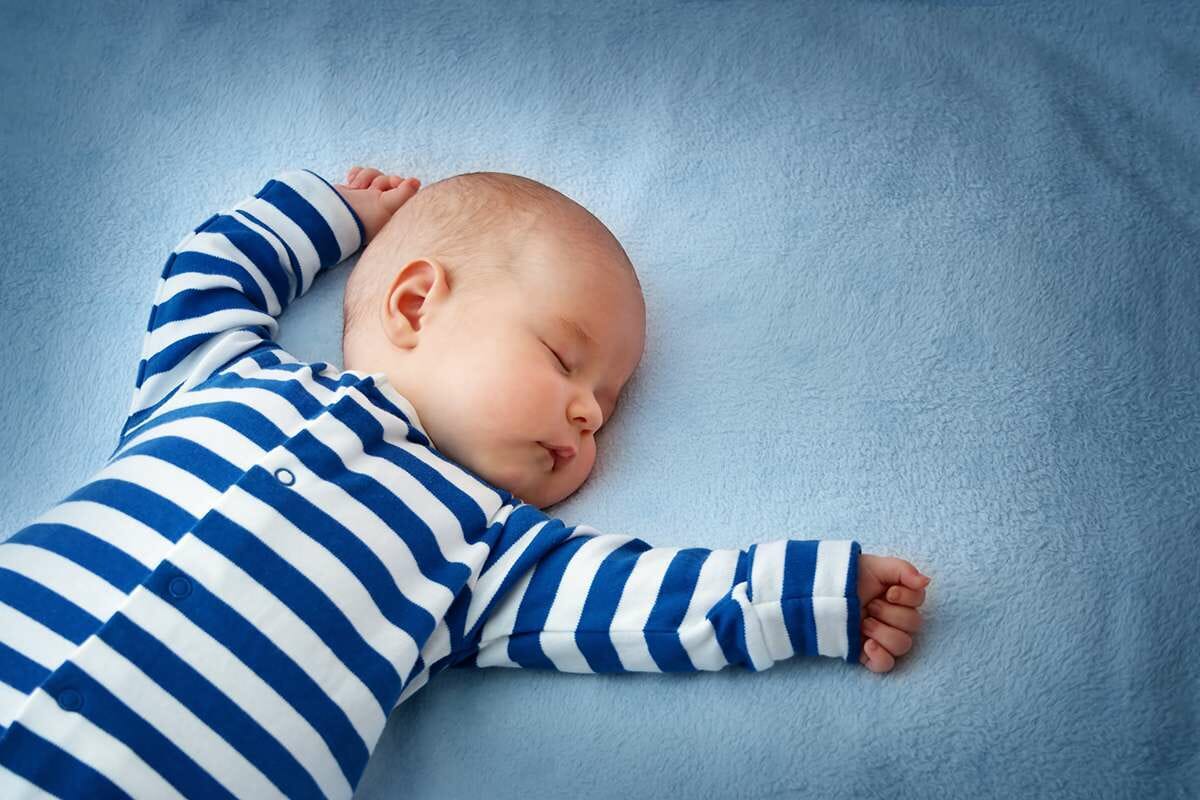
What is the difference between Self-Settling and Self-Soothing?
Self-Settling Vs Self-Soothing
EVERYTHING
They are not similar in any way whatsoever, yet, they seem to cause such confusion leading to distress for many parents.
Self-settling is about settling yourself to sleep. Simply put, going from an awake state to asleep without someone doing it for you.
Self-soothing is entirely different and is about regulating emotions. It takes us until adulthood to be able to fully self-soothe. Women tend to be in their twenties, men in their thirties on average, (sorry dads).
Just from me stating the above makes you realise how different these 2 things are, as it doesn’t take us until adulthood to work out how to fall asleep.
Self-Soothing:
Babies naturally cry when they need to communicate something, and we respond to that cry as they are telling us they need something. Crying naturally releases cortisol, the stress hormone, which isn’t a bad thing in small doses, as this helps a baby’s brain begin to work out how to calm itself down with our support. They cannot do this themselves, but they can fall asleep.
Toddlers and young children may tantrum when they are frustrated, and they need our help to work out what emotion they are feeling and help them calm down. We are helping their brain and body work out how to regulate themselves with support.
Teenagers tantrum, even though they have much better communication skills, they also have strong hormones taking over their rational thinking, and again we, as parents and friends, support them in regulating these emotions better.
These are all important factors in growing up and helping us to become emotionally capable adults.
Without the support to help us learn to regulate our emotions from a young age, we can potentially become vulnerable to outside stresses if we haven’t had the opportunity to feel a little stress and it is lowered. It makes us realise that even in the heat of the worst feeling, we can feel normal again after.
Self-soothing is hard, even for adults, and we all need help every now and again to calm down. Especially as a sleep-deprived parent. We don’t tend to handle stress very well when exhausted so may need outside influences to help us regulate ourselves.
Given the above information, can you now see why people may tell you that any form of sleep training is bad, They will tell you that a baby cannot self-soothe. On this note they are right, however, sleep training as the term is so widely associated, (leaving a baby to cry alone, non-responsive parenting) doesn’t have to be this way. You can respond to your child’s needs, you can feed them through the night, and you can co-sleep if this is your choice, it is just about helping a baby or child and parent get better sleep so they can all function better and be happier during the day.
It is much easier to handle any emotion if we aren’t so tired, so why is supporting a baby or child to self-settle, (fall asleep), so wrong?
We are just parents, and we all want to do our best for our children. Please don’t allow someone else to make you feel like you shouldn’t ask for help if you feel you need it. There is enough mum/dad guilt out there. Make informed choices that you have researched yourself, just make sure you search for the right terms so as not to cause yourself further confusion.
If you are struggling with sleep and would like help to support your little one to settle to sleep at bedtime and throughout the night, (which is just connecting sleep cycles by the way), drop me a message or have a look at my online or one to one plans for further information.
You are not alone in your parenting journey. We are all going through it, just let’s do it together with support than struggling alone.
Sorry, the comment form is closed at this time.



Pingback: What's the difference between self-settling and self-soothing and how does this impact sleep? - Baby 2 Sleep